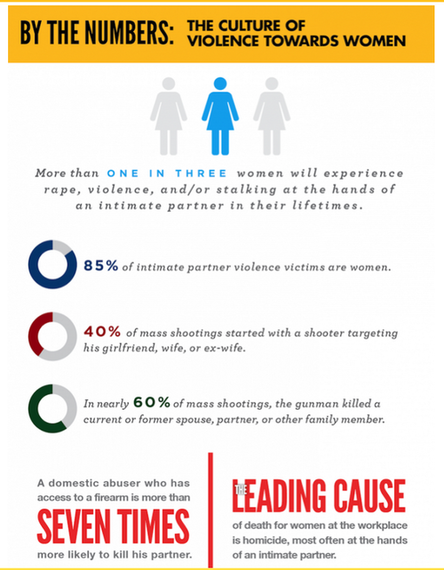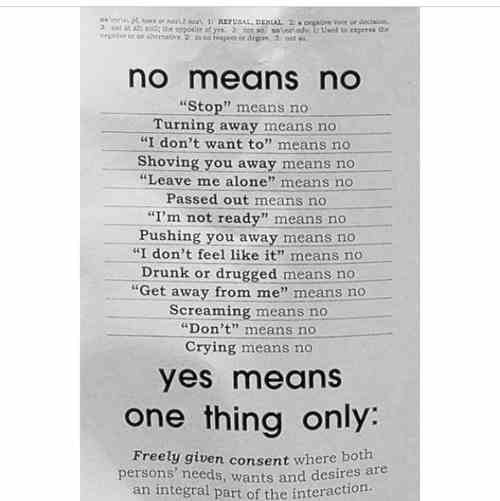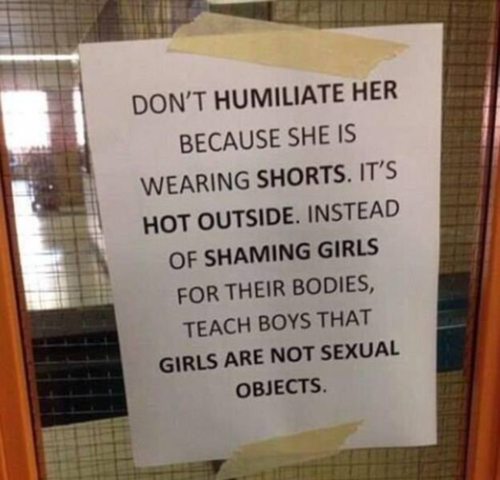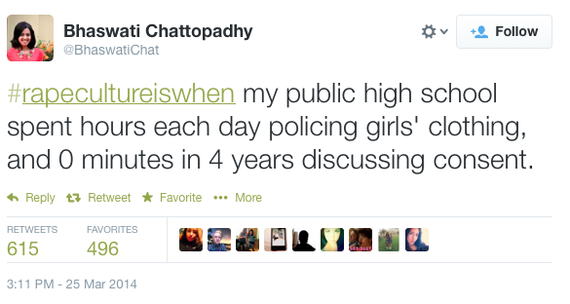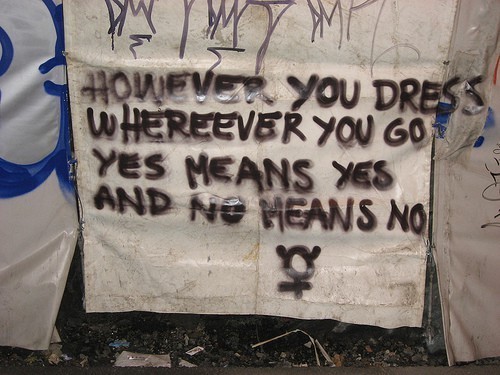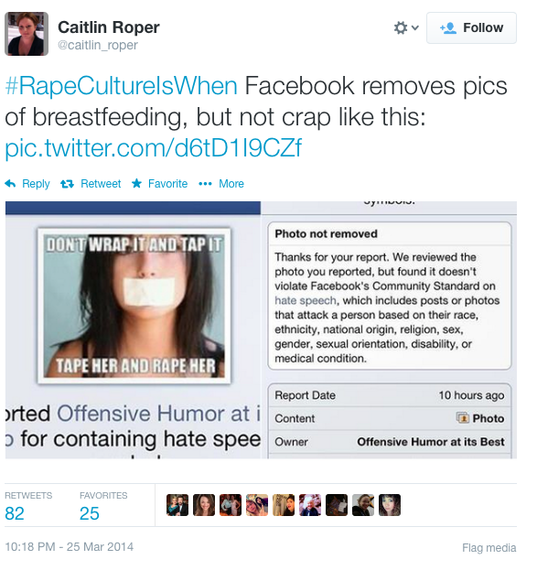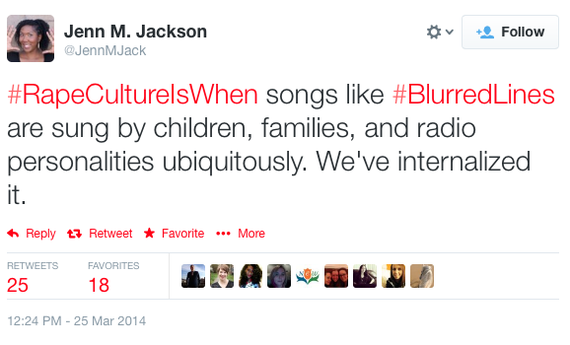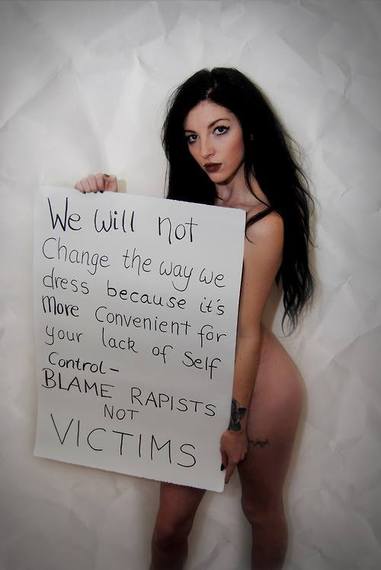"I can't walk home alone right now, it's past midnight." "I do it all the time!" "Yeah, but I'm a girl..." "Oh, right."
This is a conversation that I have had countless times with male friends. After leaving a party or even a study group at a late time, I frequently feel unsafe walking alone. When I do walk home alone, which is rarely, I spend the entire time glancing behind me, intently keeping track of the people around me and where they're going, and counting down the seconds until I finally finish the short walk to my dorm safely. Why is it that I have to be paranoid about a three-block walk? Why is it that oftentimes males don't suffer from this same paranoia? And why, oh why, is this considered normal?
This post was supposed to be about the ongoing sexual assault crisis on college campuses, and the recent inclusion of UC Berkeley on the list of universities under federal investigation for mishandling of sexual assault cases. However, when I began to do my research, I quickly discovered that the issue was much broader and more profound than the often inadequate, ineffective and heartbreaking ways in which universities mishandle such cases. The issue lies in our culture, our media and our morals. The issue will not be solved by a federal probe or a modification of university sexual assault policies, although that's a good start. The issue will only be solved through the extensive, comprehensive, and steadfast reevaluation and adjustment of the attitude and mindset of Americans.
The issue I keep referring to is the pervasive, ubiquitous and deep-seated rape culture that exists in this country. Sexual assault is shockingly common, with 1 out of 5 women experiencing either completed or attempted sexual assault while in college. It is also alarmingly common for these cases to either be left unreported or unsolved; 60 percent of cases are left unreported (that number is higher for colleges, where only five percent are reported), and only three percent of rapists are ever sentenced to prison.
Many universities dealt with sexual assault scandals this year, including Harvard University, Amherst College, Columbia University, and UC Berkeley. These harrowing stories often involved women whose sexual assault reports were mishandled and left unresolved. Angie Epifano of Amherst College was driven to depression and eventual withdrawal from the school, and the anonymous Harvard student developed an anxiety disorder as well as depression. Regardless of diagnosis, all the students affected by the inaction, insensitivity and reluctance of universities in handling these cases have been subjected to more pain and humiliation than I could possibly imagine. The federal probe will hopefully push colleges to revise their sexual assault policies, and institute new measures to prevent it from happening in the first place.
However, there is much work to be done in other areas when it comes to changing the rape culture that effectively leads to the high number of sexual assaults, especially on college campuses. One of the major problems that demands overhaul is the focus on defensive instead of offensive measures when it comes to preventing rape and sexual assault. In middle school and high school, dress codes often focus on girls' clothing, prohibiting short skirts and shorts, tight leggings, sheer clothing, and other "provocative" attire. The reasoning behind many of these policies is that such clothing is distracting for male students. I recall an experience during high school when a school security guard came into a classroom and asked all the girls to stand up; he was checking them for inappropriate attire. Not only is this counterproductive and illogical since this wastes class time and certainly distracts students from the academic material, but it is also degrading and offensive to the female students. This objectifies them, and subjects them to humiliation, unwanted attention, and blatant sexism.
The idea that women are temptresses who "distract" their male classmates with their scantily clad bodies innately sexualizes them from a young age. It teaches middle school girls that if they wear suggestive or immodest clothing, they should expect boys to look at them; not only does this ingrain the idea that the best way to get a boy's attention is to wear provocative clothing, but it is also a tacit acceptance of the objectification and dehumanization of women.
The dress code problem also leads to another large issue: victim-blaming and slut-shaming. Women are often told that they can prevent rape by wearing less provocative clothing, or pants instead of dresses. While preventive measures are important, the focus on these defensive strategies implies that women make themselves susceptible to rape and are therefore to blame. It's true that women should be careful while walking at night, and shouldn't get themselves into hazardous situations; however, if a woman does somehow involve herself in a dangerous situation, that does not mean that she was inviting rape. The perpetrator is still the one to blame, not the victim.
Another major problem is college culture in general. Parties are often structured to let in more girls than guys, contributing to a commodification of women. It is not uncommon for men to be charged upon entry into a club or a party, but for women to get in for free. While this could be seen as advantageous to women -- and yes, it does make it easier to get into parties if you're female -- it actually creates a mindset that women are equivalent to the décor of the party, making it more attractive to others and giving men more options to choose from.
But rape culture isn't confined to solely the perpetrator and the victim. Both the assaulter's and victim's friends often have the capacity to stop the assault, but wind up being bystanders. One of my friends and fellow Berkeley students told me a harrowing story of her assault. She was at a party with her best friends, and was forced to drink excessive amounts of alcohol. She then recalls one of her older male friends asking her if she wanted to get some food, and she agreed. Her friends saw her leave with him, and they knew that she was highly intoxicated. Her friends also knew her character, and were aware that it was extremely unlike her to leave with a guy. However, they let her leave with him, and instead of taking her out to eat he took her to his apartment. There, he essentially forced himself onto her. She was confused, scared and defenseless. Her friends had the capacity to stop this from happening, but chose to do nothing.
Such stories are not uncommon; in Steubenville, Ohio last March, a high school student was carried from party to party and raped repeatedly. The acts were documented by the perpetrators, who took pictures and recordings of the incident. There were many opportunities for fellow students and peers to intervene -- since when is it normal for a group of guys to carry a heavily intoxicated girl through a party, and then show attendees pictures of her being sexually violated? Why would anyone, upon seeing such actions and especially such photographs, not act?
Another unsettling aspect of the Steubenville case is the media's response. CNN correspondent Poppy Harlow described the case as "incredibly emotional, incredibly difficult to watch" because the two perpetrators "had such promising futures." She called them "star football players, very good students," and lamented that they had to watch as "their lives fell apart." Anyone unfamiliar with the case who watched this coverage would most likely come away from it believing that the two young men were undeserving of this punishment, and had in fact done nothing wrong. Instead of discussing how emotional it was to hear about the rape and humiliation of a young woman, Harlow focused on the "tragedy" of two guilty rapists having their lives ripped away from them. Ms. Harlow, may I remind you that no one forced these men to rape a teenage girl, take videos of it, and cause her immense embarrassment and pain. They made the decision themselves, and thereby inflicted these consequences upon themselves. Not only is it disgusting to defend the "star football players," but it is also horrifying that Harlow acted as if the victim didn't matter to the story, or simply didn't exist.
Our media is our main source of information, and its treatment of the issues of rape, gender and sex are highly influential for its viewers. Not only do news outlets color our perception of rape cases, but other forms of media can also convey many harmful messages. The classic example is Robin Thicke's song, "Blurred Lines." The lyrics include phrases rapists said to their victims, including, "You're a good girl," and "I know you want it." He says he hates "these blurred lines," which essentially implies that the line of consent is blurred. These ideas are disgustin -- it goes without saying that no means no, and you should never try to convince a girl to have sex with you. While such songs seem insulting but harmless, they have the potential to impact the mindset of their listeners. They are also a reflection of our values and culture, and this is a very poor reflection.
My final example of our society's rape culture is the existence and acceptance of "rape jokes." Daniel Tosh recently caused a debacle when he responded to a female heckler by asking the audience, "Wouldn't it be funny if that girl got raped by like, five guys right now?" This isn't the first time that Tosh has utilized the horrific topic of rape for comedy; he once told a joke about replacing his sister's pepper spray with silly string as a prank, causing her to be raped that night. Such jokes are not only abhorrent, but they also desensitize the public to the severity of rape. I have been present while rape jokes have been told at parties, in class, or even just walking down the street. Sometimes I've spoken up, but I'm ashamed to say that sometimes I just let it slide. It's vital to speak up and say that it's never acceptable to joke about such an issue. It is insulting to the victims and further intensifies rape culture.
I sincerely hope that UC Berkeley, as well as the other 54 universities included on the aforementioned list, revise their sexual assault policies and institute better reporting measures and mandated sexual assault education courses. However, to fully eradicate the frighteningly common issue of sexual assault, we must change the rape culture of our society. Schools, the media, and the entertainment industry must all reevaluate how their actions and decisions can further intensify this culture and its consequences. We cannot stop a crime whose focus is the degradation and objectification of women if we don't stop the problem at its root and eliminate the current attitude toward women.
